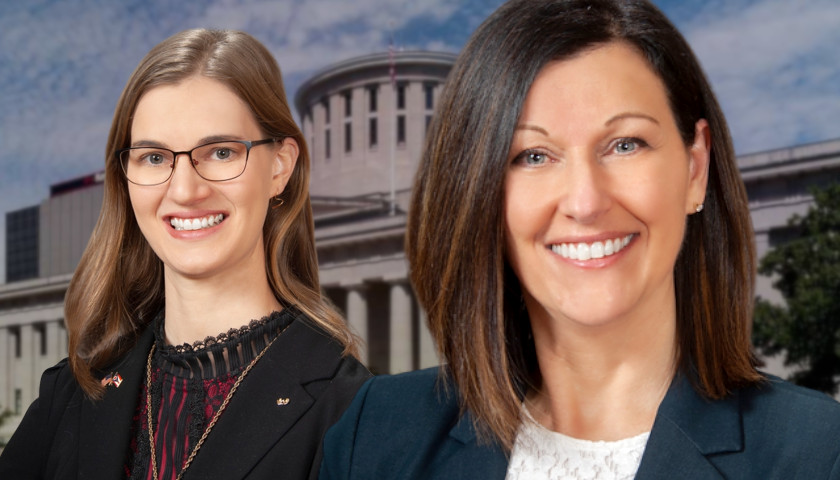Ohio Republican lawmakers proposed an amendment to House Bill (HB) 509 Wednesday in the Senate Workforce and Higher Education Committee, allowing individuals with related degrees other than social work to become licensed social workers.
In its original version, HB 509 sponsored by State Representatives Marilyn John (R-Shelby) and Sarah Fowler Arthur (R-Ashtabula), allows, among other things, some leeway for some professional licensing during the pandemic in addition to other rationale and streamlines the state’s occupational regulations. Now, a substitute amendment to that bill is including social work.
In the state of Ohio to be eligible to become licensed as an independent social worker (LSW), an individual must have a master’s degree in social work, complete a minimum of two years of post-master’s degree social work under the supervision of an independent social worker and pass an exam administered by the board.
Under the substitution bill, some of those requirements would change, allowing individuals with a related degree such as counseling, psychology, or sociology the ability to apply to become licensed social workers.
According to John, substitute HB 509 is part of the process of reviewing professional occupational licensure and ensure the balance of consumer protections and quality standards, best practices, competitive fees, and reasonable education requirements. This occupational licensure review process was established in Senate Bill 255 in the General Assembly.
“The goal of this legislation is to make the state of Ohio the best place to work, live, and start a business, all while removing barriers one may have when attempting to enter a new career field,” John said.
The representatives undertook the review of materials from 19 state boards as well as other parties to ensure “the best legislation has been drafted.”
“I have learned a lot through the process of hearing from the licensure boards and comparing Ohio’s regulations to other states. We were able to find areas to cut red tape, reduce bureaucracy, and increase Ohioan’s accessibility to licensed career paths,” said Fowler Arthur.
The Buckeye Institute said that easing licensing restrictions will improve Ohio’s overall occupational licensure environment and will make the state more attractive to professionals.
“Occupational licensing restrictions make hiring more difficult for employers and tell skilled workers that their skills and training are insufficient and unwanted here. An Institute for Justice report estimated that as of 2018, the state’s occupational licensing regime had already cost Ohio more than 67,000 jobs. The bill wisely eliminates many temporary licenses these changes will improve Ohio’s overall occupational licensure environment, making the state fairer and more attractive to professionals,” Greg Lawson, research fellow for The Buckeye Institute, said.
According to Danielle Smith with the National Association of Social Workers Ohio Chapter, the proposed changes are concerning.
“The public could no longer trust that a “licensed social worker” is actually someone with a degree in social work, eroding our professional standing and reputation. A degree from a related field likely carries no requirements for an internship meaning that an LSW could have no practical experience before becoming licensed,” Smith said.
In Ohio, a licensed social worker can diagnose and assess mental health disorders under supervision.
“If the amendment and bill passes, Ohio faces a future where someone who has no training in mental health is able to diagnose under supervision which could result in serious harm to people experiencing mental health struggles,” Smith said.
Smith explained that she appreciates the Ohio General Assembly‘s interest in addressing the need for social workers however, she says they need more time to figure out how to address the workforce issue.
– – –
Hannah Poling is a lead reporter at The Ohio Star and The Star News Network. Follow Hannah on Twitter @HannahPoling1. Email tips to [email protected].








